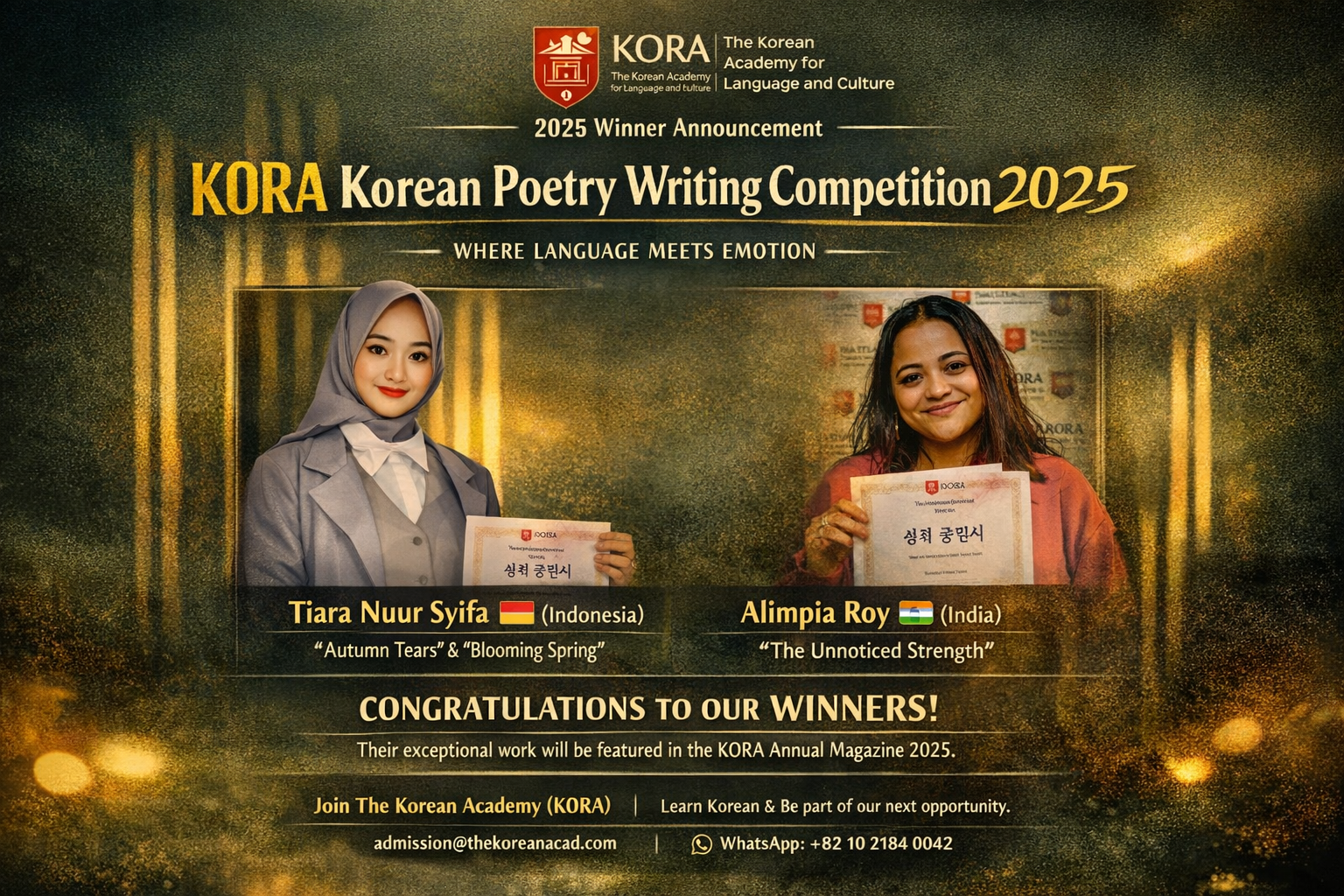Karina a famous k-pop idol from girls group Aespa faced online criticism after posting a photo of her wearing a black jacket with diagonal red stripes and a bold red number “2”. The photo was posted on Tuesday with a simple rose emoji as caption. The post soon went viral prompting speculation that the idol was subtly endorsing a particular political candidate specifically, the No. 2 candidate represented by the conservative people power party, which uses red as it’s campaign colour.
Netizens argued that the post was tone-deaf in light of the upcoming election, with comments such as, “it's hard to believe this wasn't intentional during such a sensitive time” and “wearing red with the number 2 now of all times? That's careless, regardless of intent”.
However both the idol “karina” and her agency “SM Entertainment” came forward to address this issue and apologize. “Karina's post was intended to share a casual moment from her daily life and had no other purpose or intention. However, upon realizing that the post could cause misunderstanding she deleted it immediately. We sincerely apologize for the unintended concern”. The agency said.
This incident highlights the scrutiny celebrities face around elections in South Korea. South Korean business and celebrities usually strive to be seen as neutral. Now, as South Korea gears up to pick its new president following yoon's impeachment, even the most mundane things can become politicised. Wearing colours like blue and red-which represent the country’s liberal Democratic Party (DP) and conservative people's power party (PPP) can trigger online backlash. In previous elections, entertainers have been criticized for wearing colours, making gestures, or writing captions that could be interpreted as politically suggestive. Some have even faced backlash for things as subtle as the colour of their phone case or dyed hair in voting selfies. “During the last presidential election in 2022, Kim hee-chul of k-pop group super junior was accused of being a PPP supporter when he was spotted wearing red slippers and a pink mask”.
One makeup artist with over a decade of experience working with K-pop stars and actors told that during elections, styling team steer clear of politically symbolic colours. “ we usually stick to neutral tones like black, white or grey” said the make-up artist. Celebrities even have to be careful when striking a pose, she added. “ in South Korea, election candidate are each assigned a number. Flashing a peace sign for a photo that could be read as the number two- and thus a endorsement of a political candidate.
Recently, a similar incident also happened with Starbucks where customers were seen ordering drinks through Starbucks app and keying in phrases like “arrest Yoon suk yeol” or “Lee jae-myung is a spy” as their Nick names. Starbucks baristas had no choice but to yell out these names once the drink was ready for collection. After this incident Starbucks banned all the six names of the political candidate following :- Lee jae-myung, Kim moon-soo, Lee jun-seok, Kwon young-kook, Hwang kyo-ahn and Song jin-ho. The company said it needed to “maintain political neutrality during election season” adding that this would be lifted after the election on 3 June. Starbucks is not alone. The country's biggest search engine, Naver, has also disabled auto-complete and related search suggestion for candidates, as it usually does during election season. Naver said it decided to do this to “provide more accurate and fair information during the election campaign”.
In South Korea, celebrities and public figure face scrutiny during election periods regarding their social media and public appearance. While there are no strict rules prohibiting them from expressing political views there is strong emphasis on maintaining political neutrality to avoid accusation of favouritism. Dr. Cho jin-man, of Duksung women's university, says it is “important to be able to talk about different things without crossing the line, and to be able to recognise and understand differences” but with so much division in the country, many are choosing to “ remain silent to remain politically neutral”.
- Reported by Kanta Kumari
Intern: at The Korean Academy
Korean Analysis and Reporting


